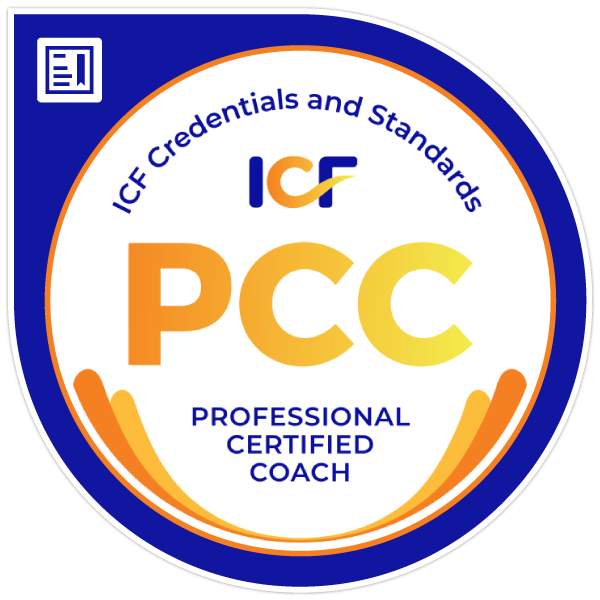What assumptions are you making? Be curious.
A few years ago, I rented out my flat. The new tenant was initially very enthusiastic about the garden and promised to look after it. Inspecting the property a few months later, I discovered the garden had been pretty neglected except for a large gap where a favourite climber had covered a large piece of fence. When I asked the tenant about it, she said “Oh, I thought it was dead!” She’d mistaken its typical winter appearance (bare and twiggy) and made an executive decision to get rid of it.
We all make assumptions – in other words, believe and accept something to be true without proof. The problem is when we act as though those assumptions are true, just as my tenant went ahead and finished off my plant without checking her facts first.
When assumptions limit us
However, what I witness most often with my coaching clients is that assumptions hold them back from acting, rather than taking action. For example:
“My team members have too much on – I can’t give them any more to do.”
“My colleagues will think I’m slacking if I leave the office at 5pm.”
“They (insert name of senior stakeholder) are too busy to have a conversation about my career development.”
“They (insert name of prospective new client) haven’t got back to me so they are obviously not interested.”
These assumptions stop them from, respectively, delegating, from spending precious time with their children, from progressing their career, from pursuing new business.
Why do we assume?
There’s a good reason why we make assumptions. Our brain is constantly processing a huge amount of sensory information and Yale researchers have demonstrated how the brain saves energy by encoding things efficiently, essentially squeezing information together. As neurobiologist Dr David McCormick explains, “This is analogous to drawing a straight line where you can either draw every point along a line or just the start point and endpoint, and then connect the two.”
We draw on our past experiences to find patterns in how the world works. When we encounter new situations, we apply these patterns—or assumptions—to the new environment. If you combine that theory with the fact that we have evolved to repeat behaviours which keep us safe, it makes sense that we should make assumptions that protect ourselves from perceived danger like the risk of being rejected by a prospect or being disliked by your team.
How to disempower your assumptions
The antidote to assumptions is curiosity. In situations where you feel disempowered or stuck, ask yourself :
1) What assumption(s) am I making here?
2) What evidence do I have for that assumption?
3) What would be possible without that assumption?
4) How can I test that assumption? For example, what conversation can I have with whom?
I’d love to hear your thoughts. Do drop me a line at alison@alisonreid.co.uk.
Alison Reid is a leadership and career coach who helps professionals create success and fulfilment their way, whether that’s stepping up to a new role or making a career transition. She specialises in helping her clients find clarity, overcome self-doubt and cultivate confidence so they can feel great about themselves and their career. Alison is an accredited coach, keynote speaker and author of the white paper Cultivating confident leadership : A 3-step process to help leaders overcome fear and unleash their potential.
Contact Alison here.





